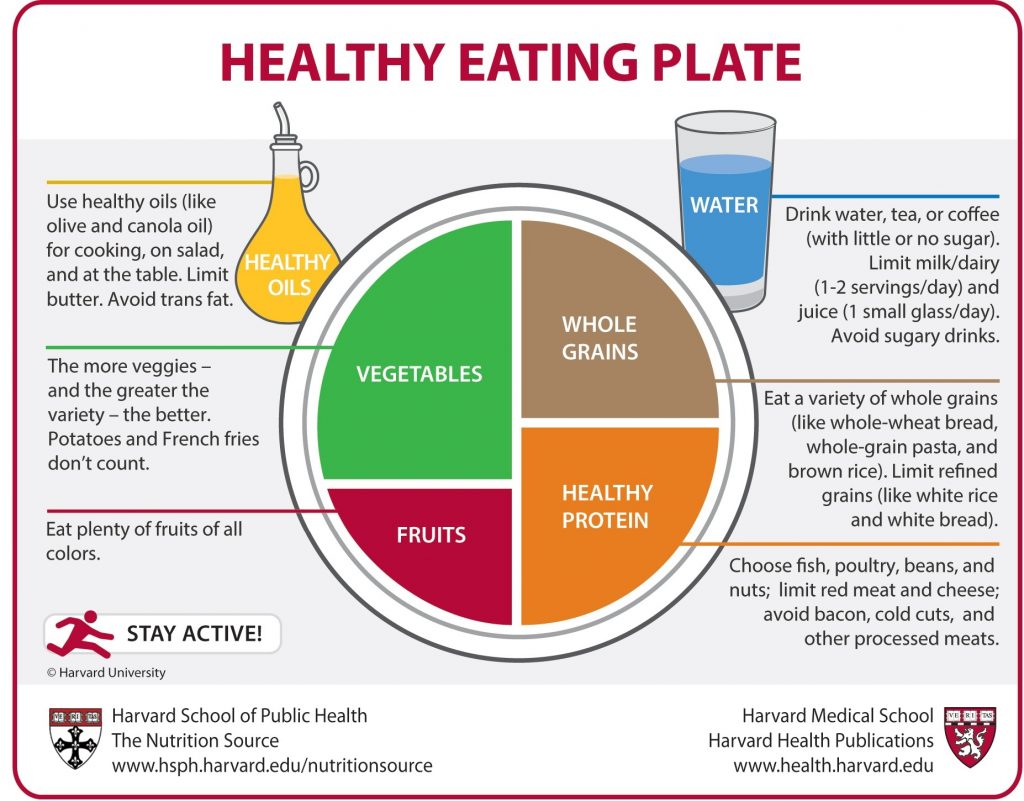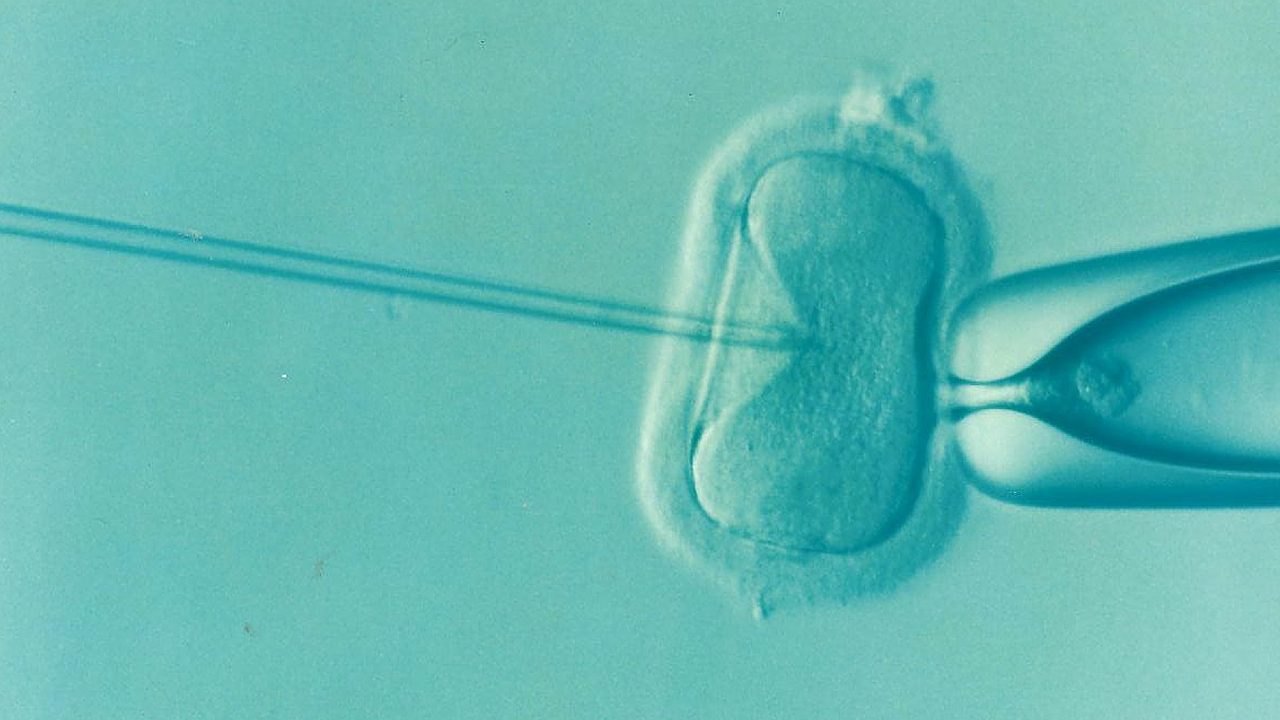Fiber makes diet healthy
Dietary fiber is a crucial component of a healthy diet. The benefits can be attributed to processes in the gut microbiota and the resulting by-products. Fiber improves the richness and diversity of gut microbiota. Fiber is a commonly recommended part of a healthy diet. That’s because it’s good for your health in so many ways, from weight management to reduce the risk of diabetes, heart disease, and some types of cancer.
Foods rich in fiber can reduce the risk of chronic disease and make you feel full longer. Fiber-rich foods can help you stay at a healthy weight, according to the U.S. Food and Drug Administration (FDA). New research suggests that premenopausal women (but not postmenopausal women) whose diet consists of higher fiber are less likely to be depressed than women who consume less fiber.

Fiber and mental health
Over the past several years, evidence has been steadily growing in favor of a relationship between quality of diet and mental health. Although the underpinnings of mental health problems are complex, some scientists have suggested that “diet is as important to psychiatry as it is to cardiology, endocrinology, and gastroenterology.”
“Annam Bhootanam Jyeshtam tasmat annam sarvaushadam ucyate” which when translated means “Food verily is the eldest born of beings and therefore it is the healing herb for all.”
As per Jung-Ha Kim, MD, Ph.D., one of the authors of the study,” Previous studies have indicated that dietary fiber intake may modulate the richness and diversity of the gut microbiota, and this change may promote brain health by affecting neurotransmission.”.
Another study claims that a high-fiber diet potentially lowers inflammation by modifying both the pH and the permeability of the gut. The resultant reduction in inflammatory compounds may alter neurotransmitter concentrations to reduce symptoms of depression. In another study published in Nutrition Journal, it was concluded that low dietary fiber intake has been linked to the onset of depressive symptoms.
Depression is among the most common neuropsychiatric disorders, and its prevalence is twofold higher in women than in men.
A healthy diet that includes high intakes of fruit, vegetables, and whole grains was associated with a decreased risk of depression in a review published in July 2017 in Psychiatry Research.
A wonderful resource for a healthy fiber-rich diet

- The Mediterranean diet
- Base every meal on fruits, vegetables, whole grains (whole wheat bread, brown rice, quinoa, and bulgur), olive oil, beans, nuts, legumes (lentils, dried peas, and beans), seeds, herbs, and spices.
- Eat fish at least twice a week.
- Have moderate portions of cheese and yogurt daily to weekly.
- Ensure moderate portions of poultry and eggs every two days or weekly.
- Consume red meat sparingly or limit to three-ounce portions.
- Drink plenty of water each day, and
- Drink wine in moderation; no more than 5 ounces a day for women.
In conclusion, add more vegetables, fruits, and nuts to your diet. Ensure moderated portions of cheese, yogurt, poultry, eggs consumption and decrease the amount of red meat in your meals.























